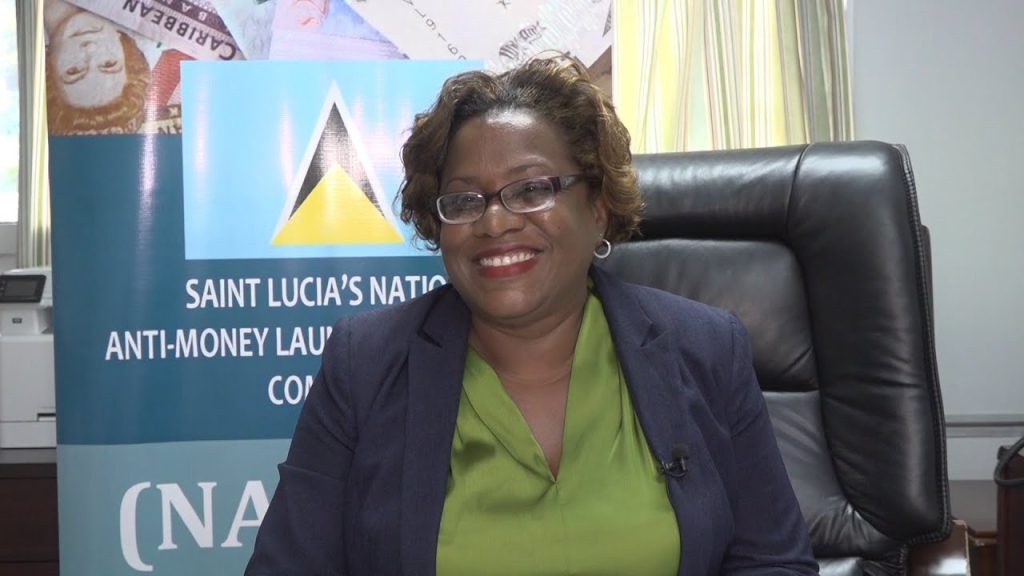The Government of Saint Lucia is intensifying its efforts to combat money laundering and financial crimes through the country’s third National Risk Assessment (NRA) Consultation, held on Thursday at the Bel Jou Hotel in Castries.
The consultation was hosted by the National Anti-Money Laundering Oversight Committee (NAMLOC) and brought together key public and private sector stakeholders to evaluate Saint Lucia’s defenses against illicit financial activity.
Permanent Secretary in the Attorney General’s Chambers, Juliana Alfred, described the National Risk Assessment as a crucial exercise in identifying and managing vulnerabilities across the financial system.
“The National Risk Assessment is essentially a snapshot that a country does at any point in time to assess its money laundering, terrorism financing, proliferation financing risk,” Alfred explained.
“It does an intensive investigation in terms of the sectors: your banking, your insurance, your securities, the non-profits, public sector and you assess the measures that these agencies and private sector and public sector organizations have in place to manage or mitigate risk.”
Alfred noted that emerging financial technologies such as virtual assets are a growing area of concern.
“We do have regulation as it relates to virtual assets, but we haven’t licensed as yet. Hopefully by 2028 we would have the regulations in place, and we would be in a better position to speak about the sector,” she said. “But it is a high-risk area that the assessors will pay attention to.”
She added that the citizenship-by-investment program (CIP) remains another focal point for both local and international assessors.
“Other areas of interest for them, of course, will be the citizen investment programs which are across the region. And you would have noted in parliament yesterday that the government has put some remedial measures in place,” Alfred explained. “Again, that’s coming from the international community.”
Alfred emphasized that compliance with international financial standards is not just a technical matter but one that directly affects everyday citizens.
“It can affect something as simple as being able to use your credit card,” she warned. “You’re sitting at your home, you want to go on Amazon, you want to buy your stuff on Amazon, and when you try to use your credit card, you cannot use it. And that can happen if we lose our correspondent banking.”
The ongoing assessment is part of Saint Lucia’s broader commitment to meet Financial Action Task Force (FATF) and Caribbean Financial Action Task Force (CFATF) requirements, ensuring the country’s continued integration within the global financial system while protecting its reputation and financial stability.


